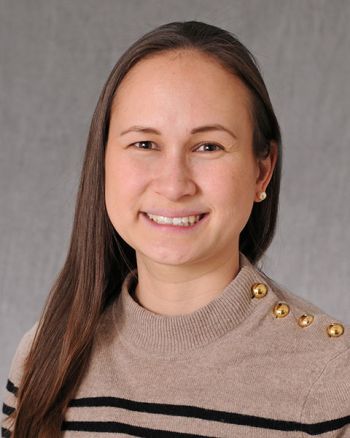
In collaboration with researchers from Antigen Discovery Incorporated (ADI) and Harvard University, Aileen Chang, MD, MSPH, assistant professor of medicine at the George Washington University School of Medicine and Health Sciences (SMHS) and Jeffrey Bethony, PhD, professor of microbiology, immunology, and tropical medicine at SMHS, are studying the immune response to the yellow fever virus of individuals infected during the current outbreak in Brazil, compared to the immune response of individuals immunized with the yellow fever vaccine.
This study is an effort to develop a tool to differentiate among the antibody response to the wild type-induced yellow fever and responses to the vaccine.
Antibodies to yellow fever, dengue, Zika, and the West Nile virus share similar endemic areas and are often cross-reactive, which makes diagnosing a particular virus challenging.
“Right now, we are facing a yellow fever outbreak in Brazil,” said Chang. “It is very useful to have a diagnostic test that can differentiate between Zika, dengue, and someone who has yellow fever and someone who has been vaccinated against yellow fever.”
The team is using proteomics, the large scale study of proteins, in a novel way by developing a proteomic microarray containing all proteins and known or likely epitopes from yellow fever, dengue, Zika, and West Nile viruses, Chang explained. Researchers will then probe the array with a well characterized panel of sera from individuals confirmed to be singly infected with yellow fever or one of the other arboviruses.
The process involves a technique called “whole proteome tiling,” which helps identify which proteins or regions of proteins are unique to the diagnosis of yellow fever. The proteome array will also differentiate antibody profiles among other arboviruses in circulation in yellow fever endemic areas.
“A practical, sensitive, and specific test is high priority due not only to the current outbreak in Brazil, but also to possible future outbreaks and the spread of yellow fever to Puerto Rico and the southern United States bordering the Gulf of Mexico,” Chang said. “Being able to diagnose a specific virus will allow us to watch for particular clinical phenomena and recommend specific types of counseling.”
This two-year grant will allow the team to build upon the work done with Zika on a previous grant. ADI, of Irvine, California, is leading the study.


